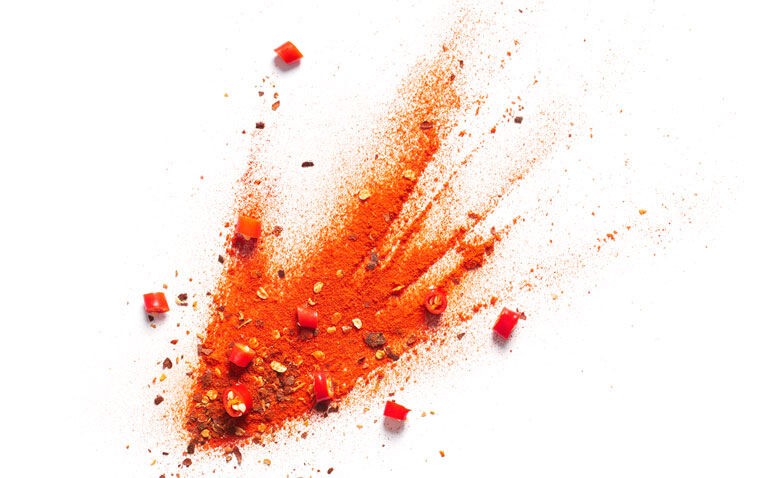Contrary to earlier findings, a reduced capsaicin cough reflex appears to increase the risk of hospitalisation for acute COPD exacerbations
While prior work has revealed a heightened capsaicin cough reflex sensitivity in those with COPD, Japanese researchers have observed the opposite and found that this reduced sensitivity is associated with an increased risk of both an acute exacerbation or community-acquired pneumonia requiring hospitalisation.
According to the World Health Organisation, COPD was the third highest global cause of death in 2020. Moreover, community-acquired pneumonia (CAP) can often co-exists in patients hospitalised with an acute exacerbation of COPD. Typically patients with COPD experience cough, sputum and dyspnoea and it is know that the presence of both cough and sputum production are associated with frequent disease exacerbations leading to hospitalisation. Previous studies in animals, suggest that patients with COPD have a heightened response to stimulation with capsaicin, leading to a greater number of coughs. Such heightened responses have an important role in helping to protect the airways from particles although other work has identified a reduced capsaicin cough response in those with recurrent pneumonia.
In the present study, the Japanese team speculated that among those with COPD, rather than being more sensitive, as seen in previous work, the capsaicin cough reflex sensitivity would actually be lower due to the fact that many exacerbations occur alongside a co-existent CAP infection. The team prospectively recruited COPD patients and performed a number of baseline tests that included various lung and cardiac function tests, blood eosinophil counts as well as the capsaicin cough reflex sensitivity. These patients were then monitored over the next 12 months for cases of an acute exacerbation or CAP infections leading to hospitalisation.
Capsaicin cough reflex sensitivity and COPD exacerbations
A total of 68 patients with a mean age of 74 years (85.3% male) were included in the study and during the 12 month follow-up, 8 patients (3 with an exacerbation of COPD and 5 with CAP) were hospitalised.
Capsaicin cough reflex sensitivity scores were lower among those hospitalised and using multivariate regression analysis, the researchers identified that a decreased cough sensitivity was significantly associated with an acute exacerbation or CAP infection requiring hospitalisation (odds ratio, OR = 2.19, 95% CI 1.08 – 4.44, P = 0.029). In addition, an eosinophil count ≥300 µL was also significantly associated with hospitalisation (OR = 45.9, 95% CI 1.09 – 1934, P = 0.045).
The authors concluded that use of the capsaicin cough reflex sensitivity in those with COPD, may have a role in the prevention of severe acute exacerbations or pneumonia that require hospitalisation.
Citation
Kanemitsu Y et al. Decreased capsaicin cough reflex sensitivity predicts hospitalisation due to COPD. BMJ Open Respir Res 2023










